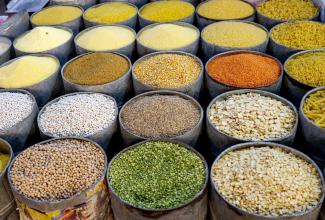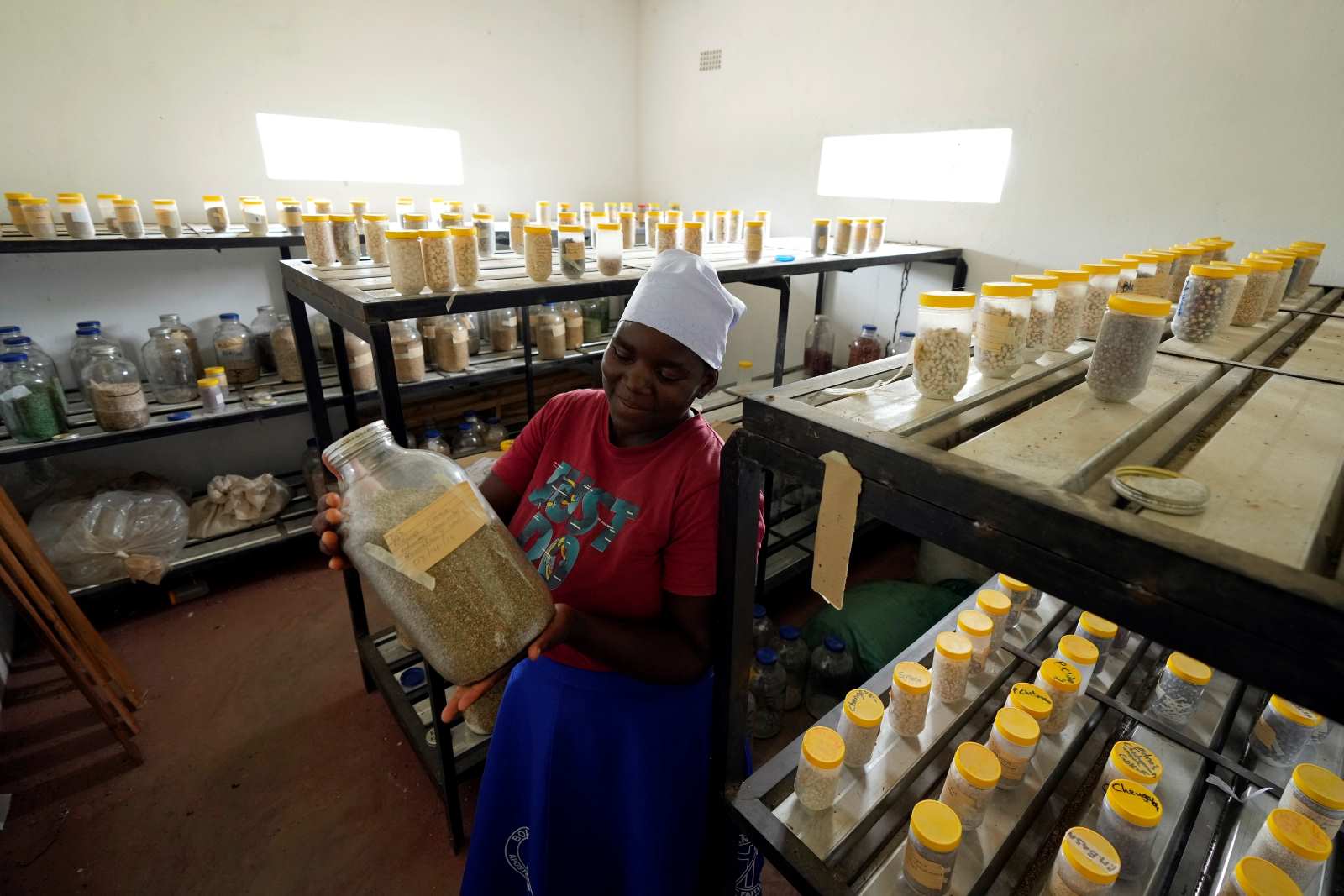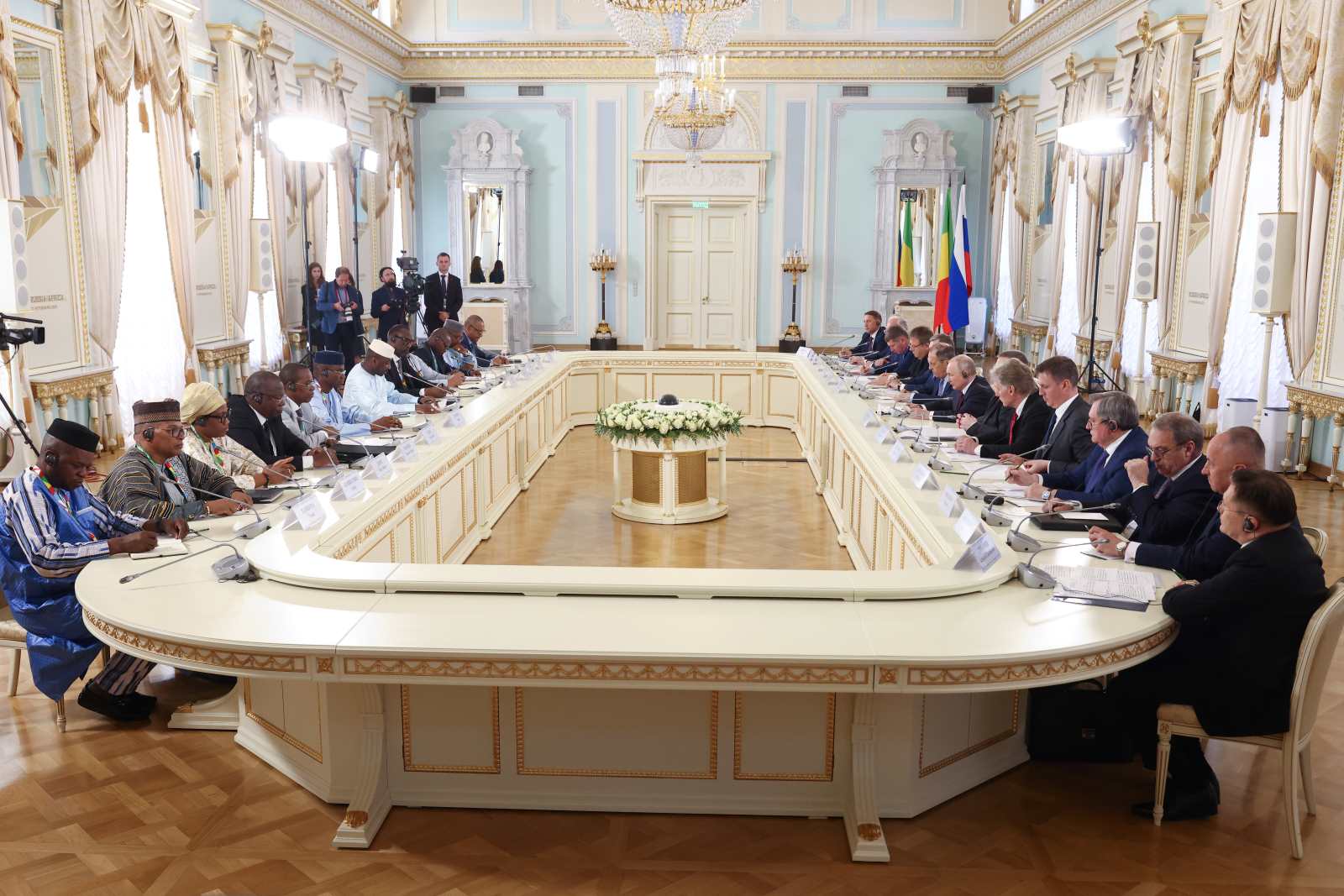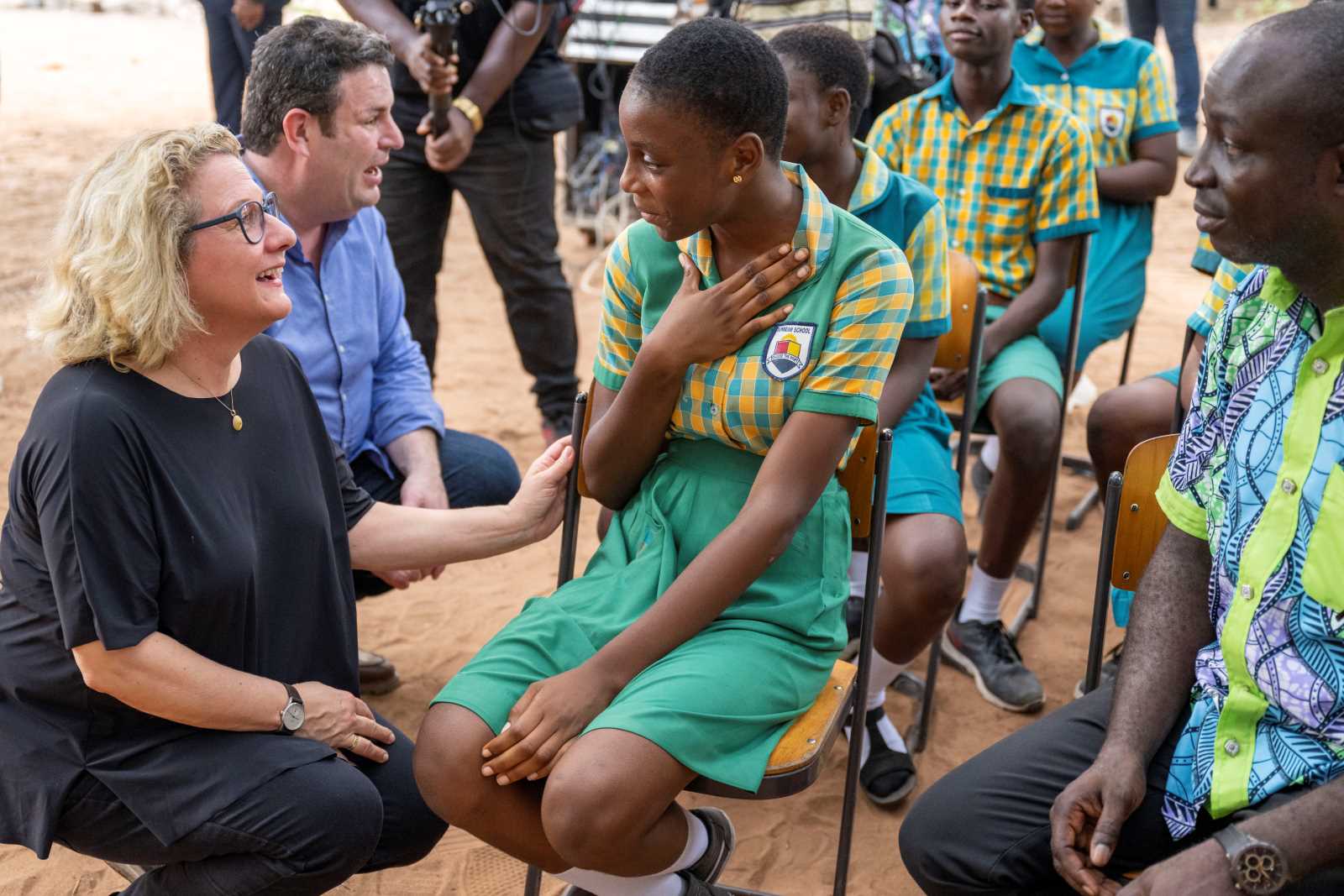Food security
Better facilities for seed banks

Despite their importance for securing global food security, seed banks are often in a precarious position. They have to fight for funding, especially in low- and middle-income countries. Crop diversity is not only threatened in fields and in nature, but also in the gene banks that are meant to serve as safe harbours for plant-genetic resources.
The great relevance of seed banks is generally recognised – as is the fact that international cooperation is vital for their operation. The significance of the International Treaty on Plant Genetic Resources for Food and Agriculture cannot be overstated. Known as the Plant Treaty for short, it was signed by FAO members in Rome 2001 and entered into force in 2004.
The Crop Trust is the financing mechanism of the Plant Treaty for operating seed banks. Its mission is to build a global system of such banks. Among other things, it promotes the conservation and documentation of plant-genetic resources, the creation of information systems and staff training.
The Crop Trust currently has assets of about $ 300 million, based on contributions primarily from government donors. The donations are invested in the financial market. From interest income and through third-party funds, the Crop Trust can afford to invest more than $ 20 million annually in the maintenance and use of gene banks as well as in the creation of the global system.
The crop diversity that is thus preserved is the only global public good which is safeguarded by a legally independent international foundation. This structure has proven its effectiveness in principle. However, the foundation needs more resources to tap its full potential.
More needs to be done to secure crop diversity in ways that create an adequate basis for long-term food security, sustainable agriculture and adaptation to climate change. For that reason, it is important that traditional donors continue to contribute and that other sources of funding be tapped. We must preserve the future today, forever, before it is too late.
Stefan Schmitz is the executive director of the Crop Trust, the international foundation dedicated to conserving crop diversity.
stefan.schmitz@croptrust.org














